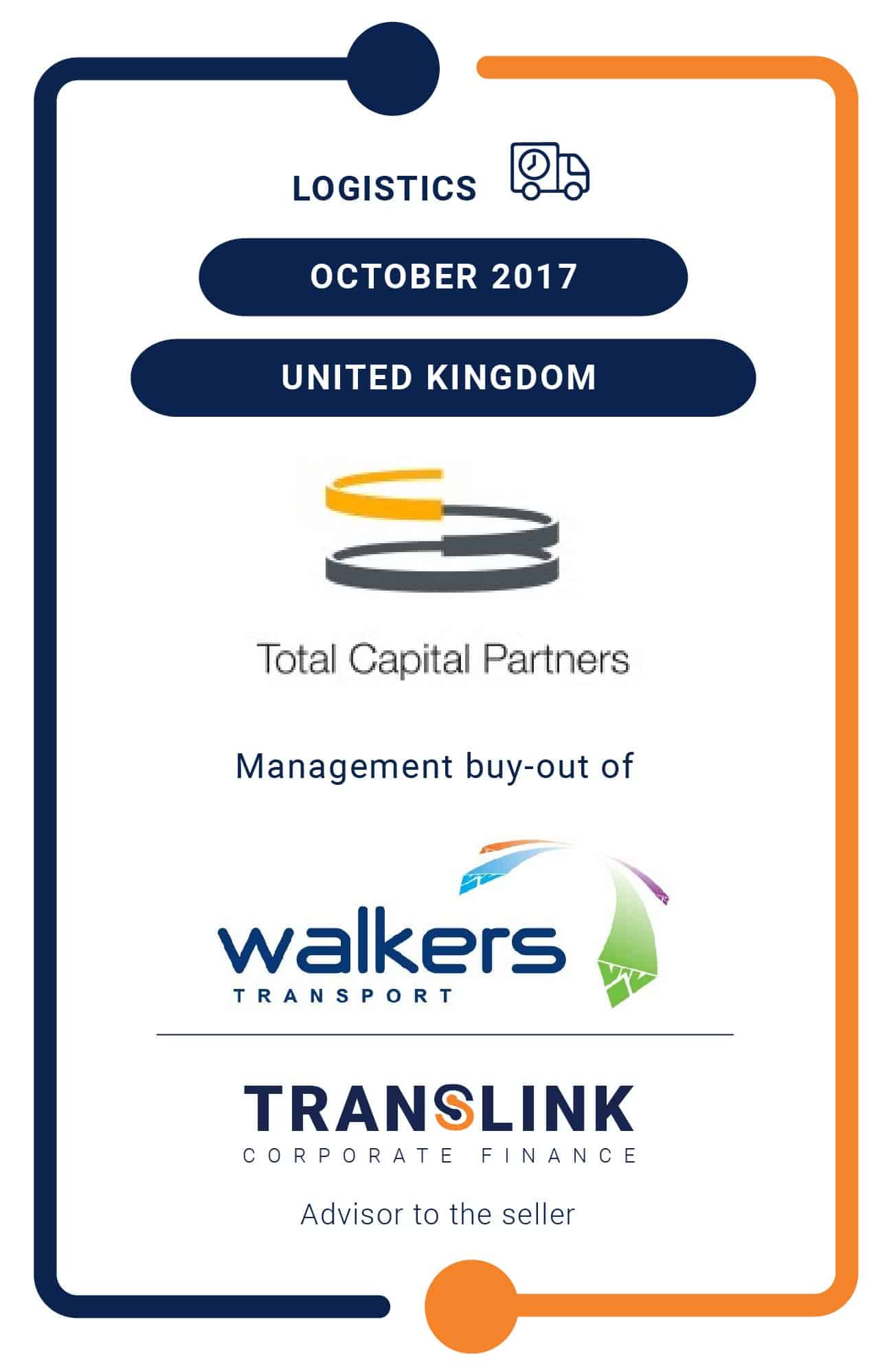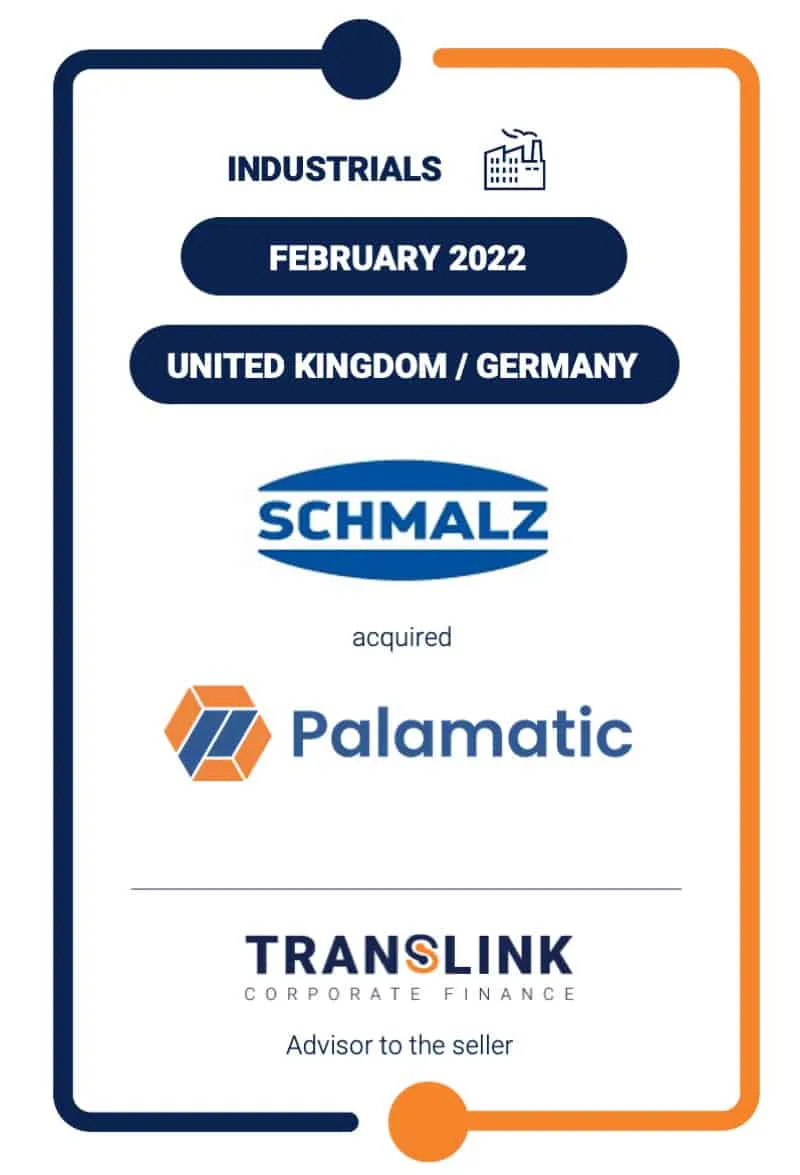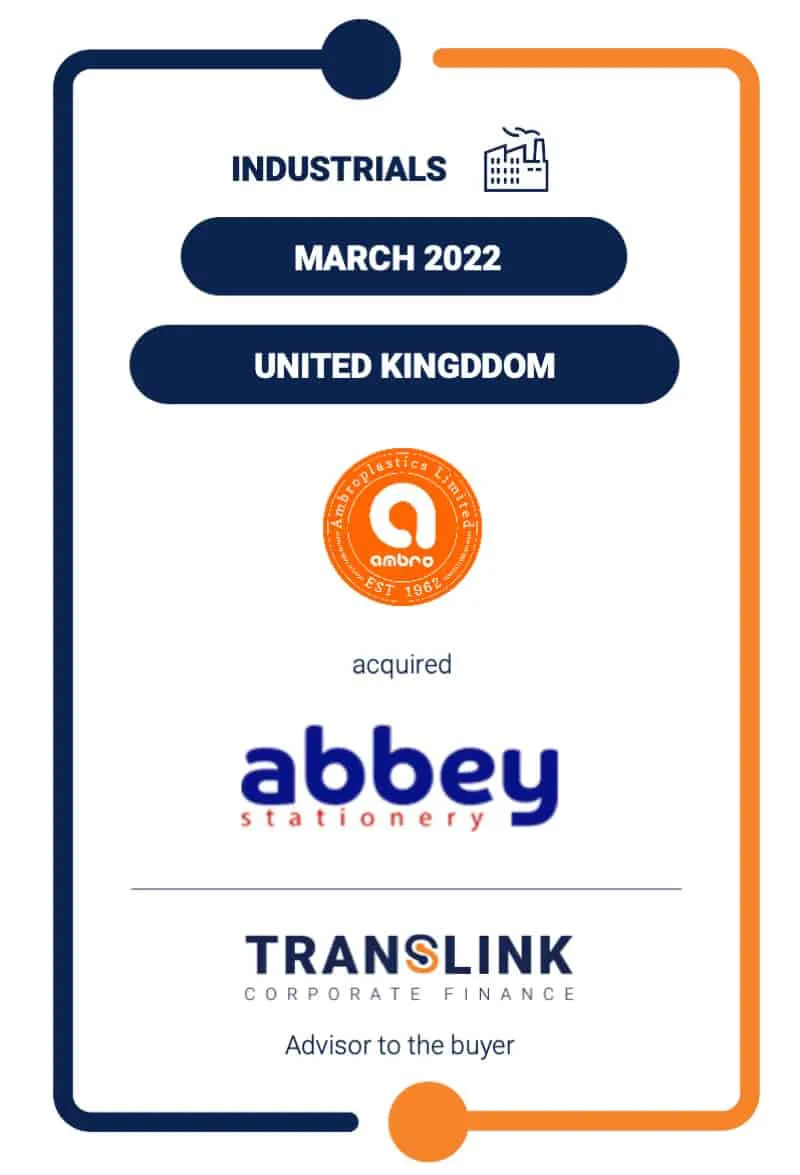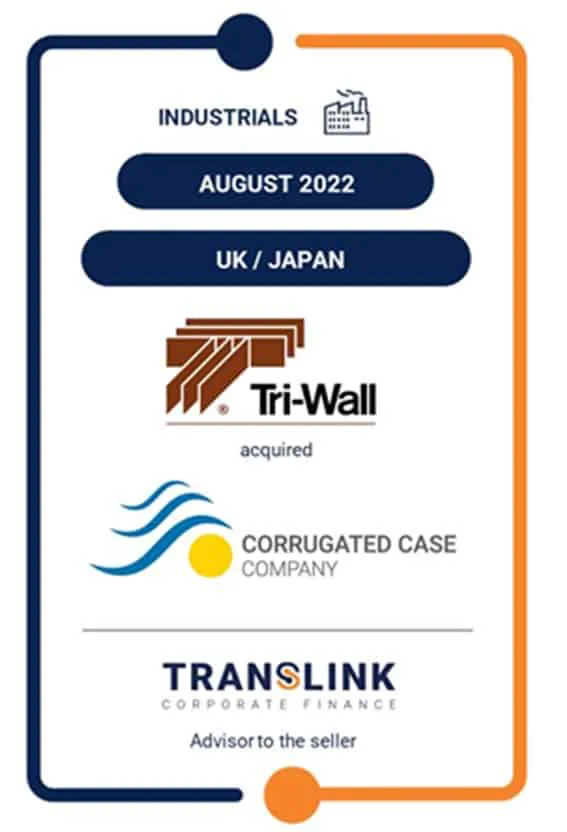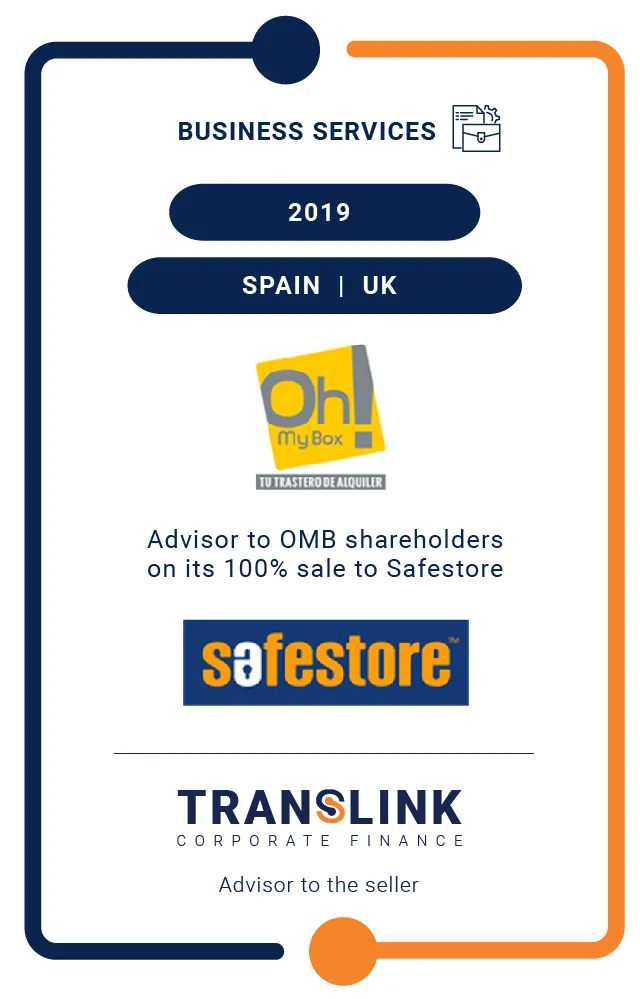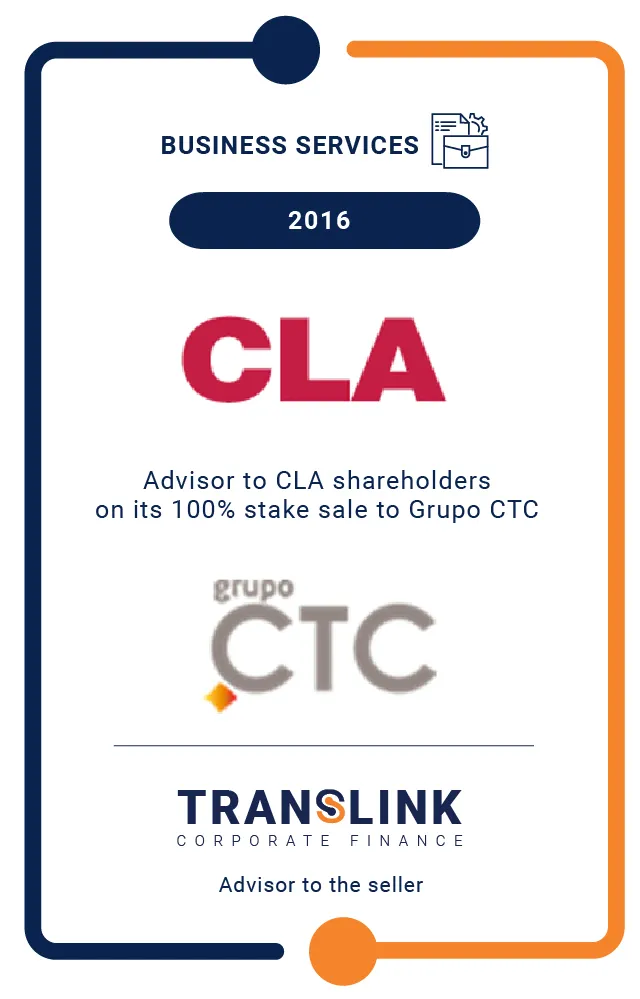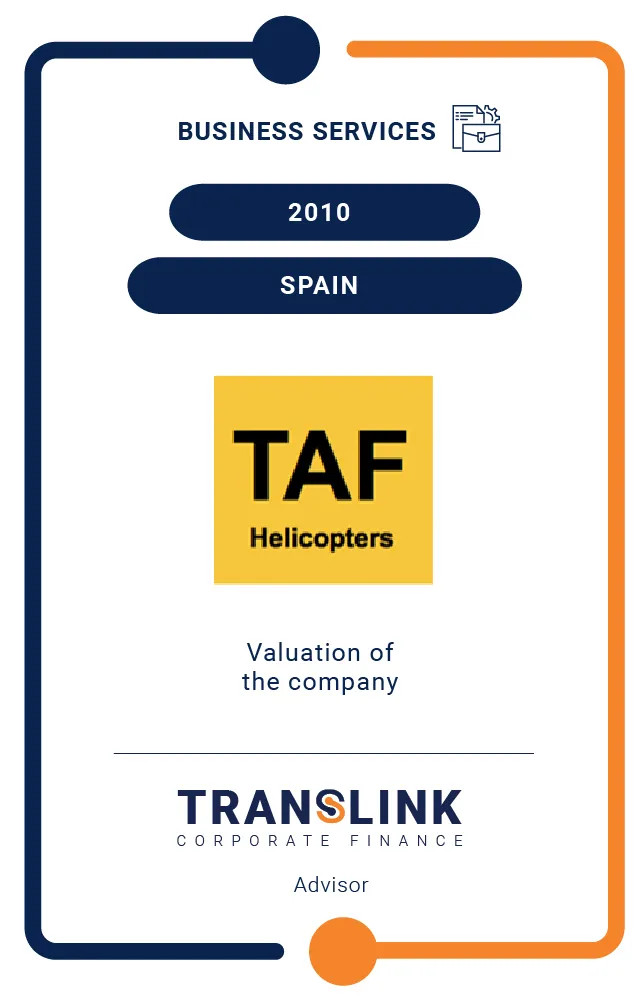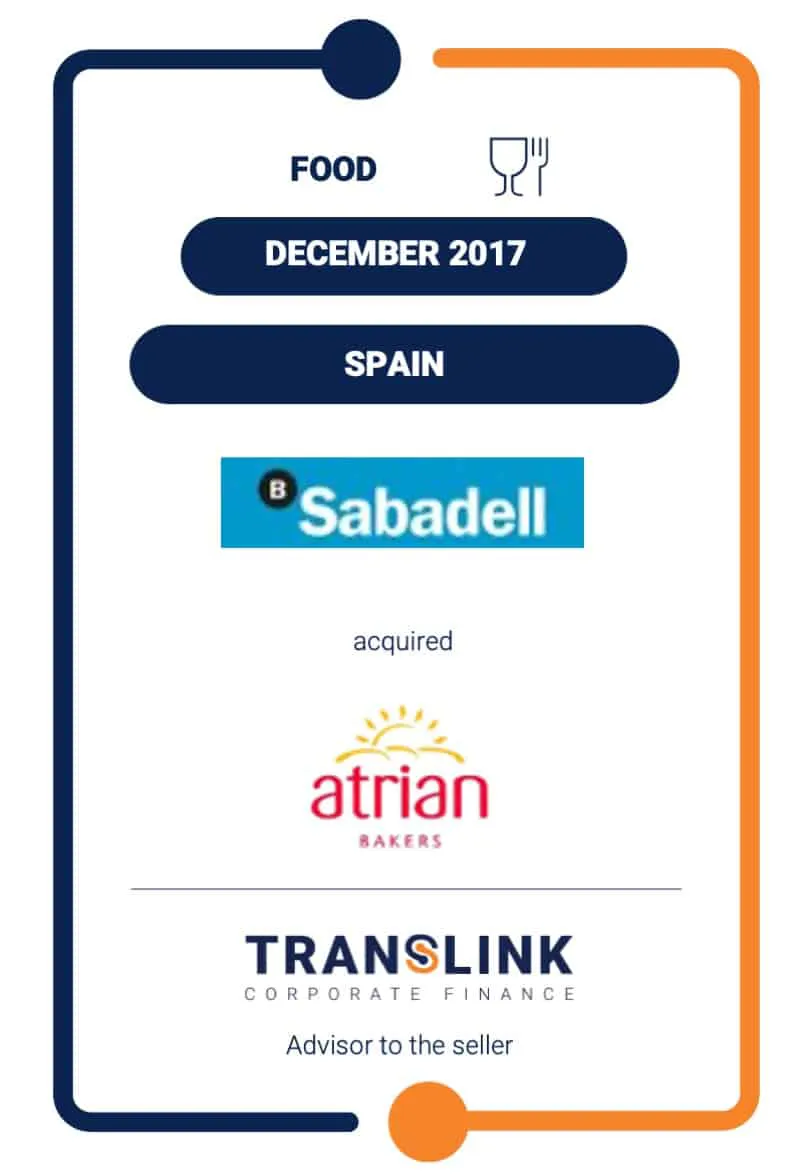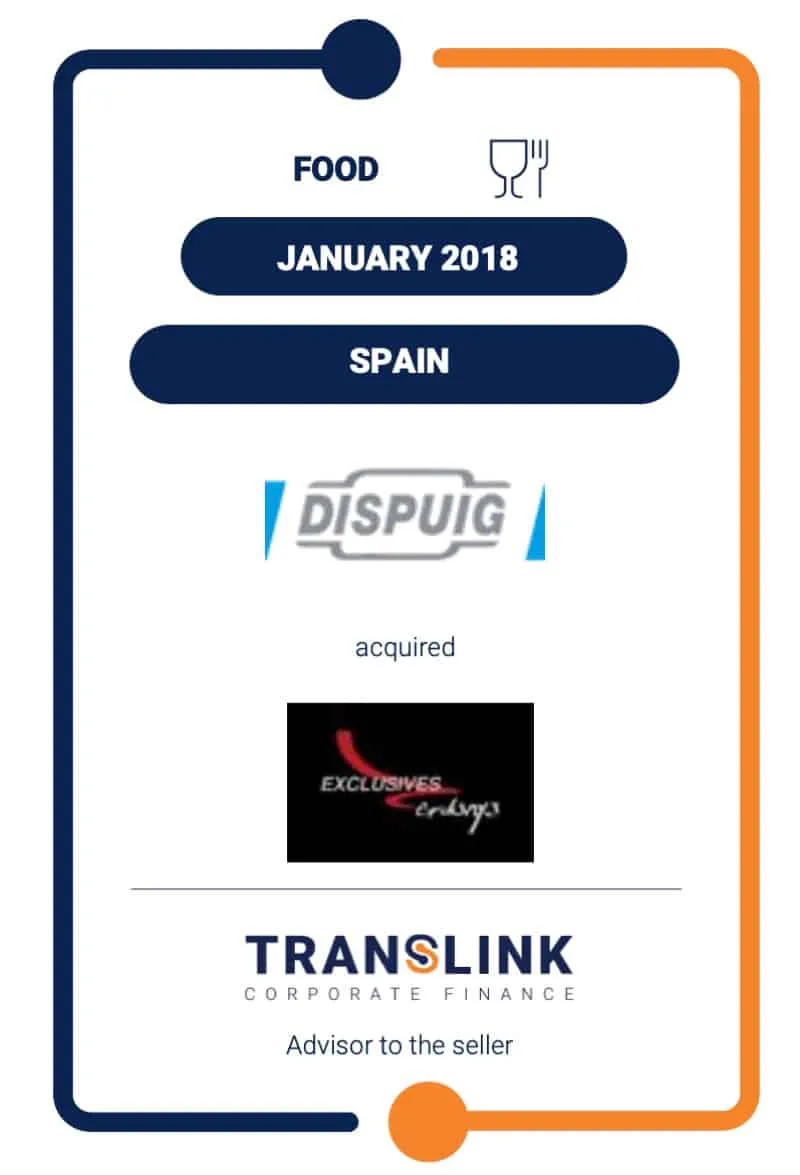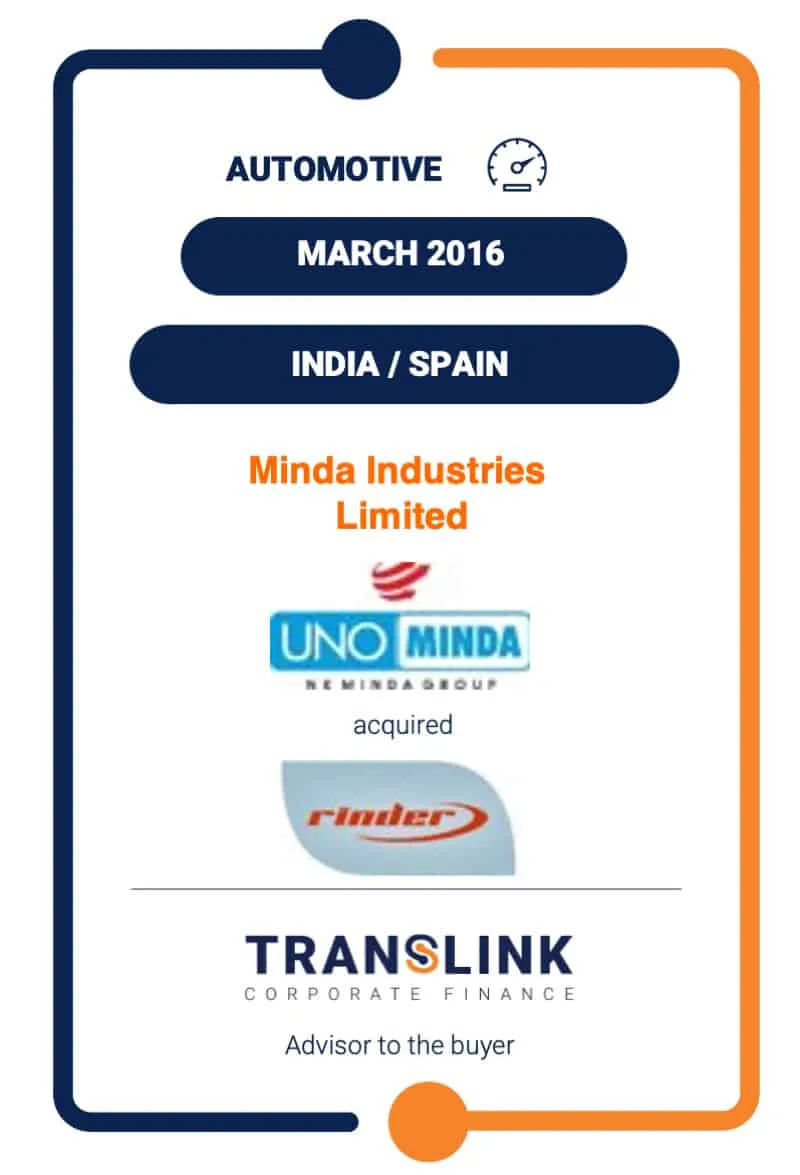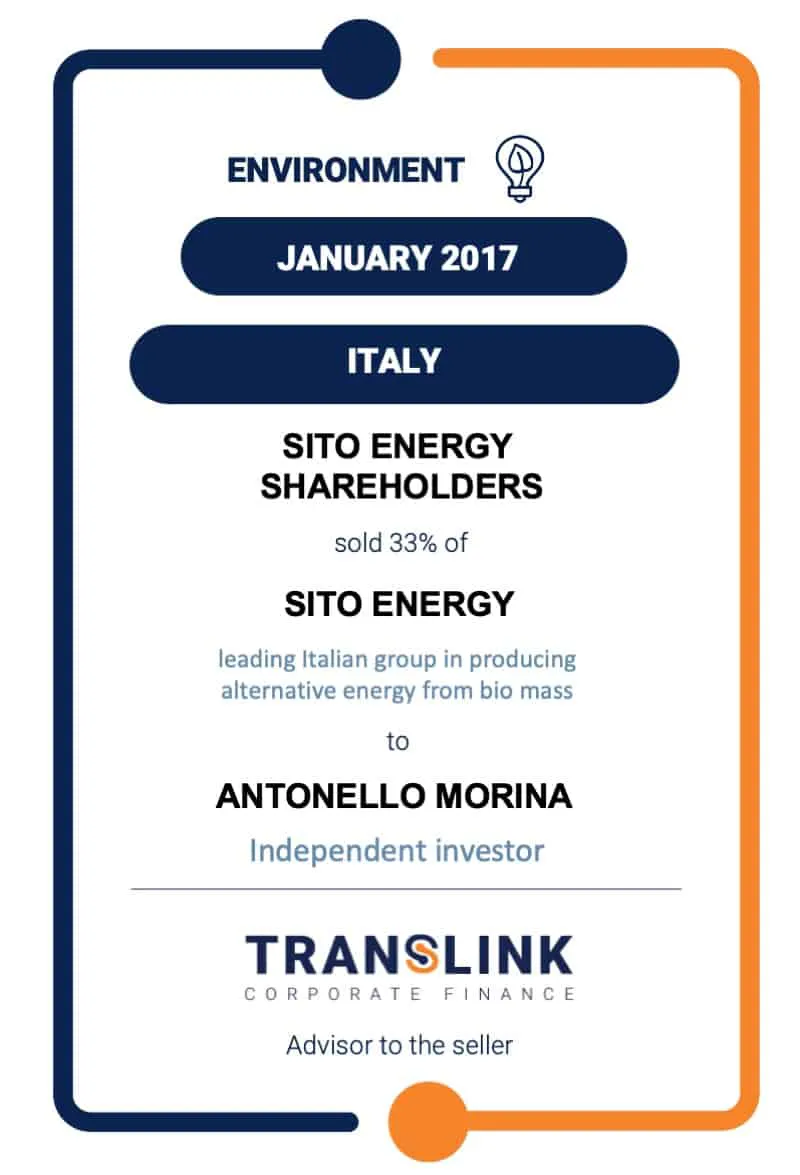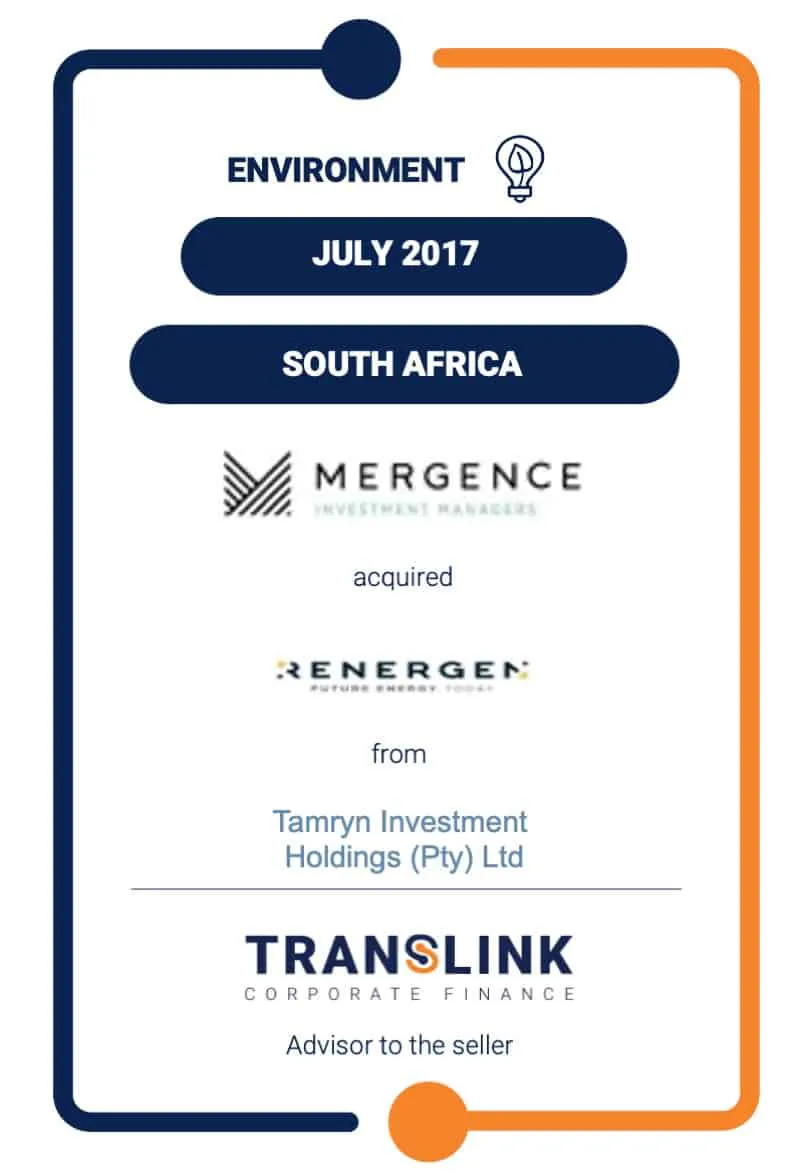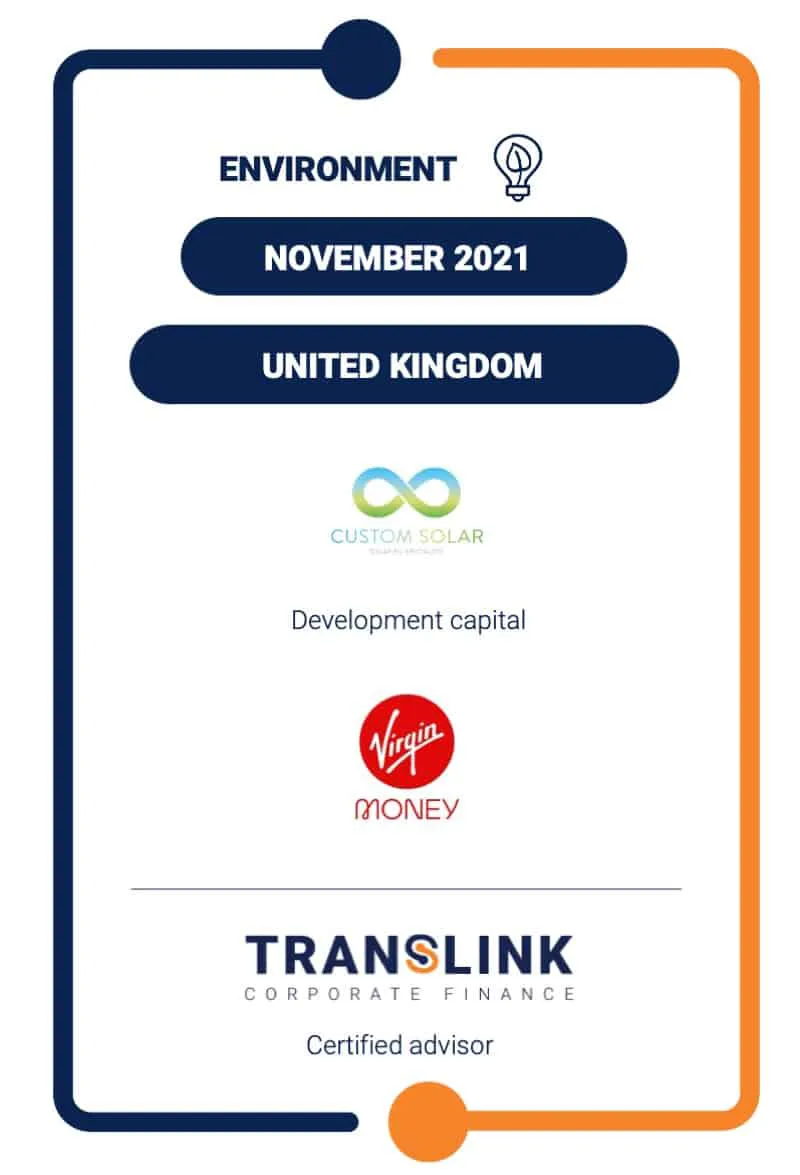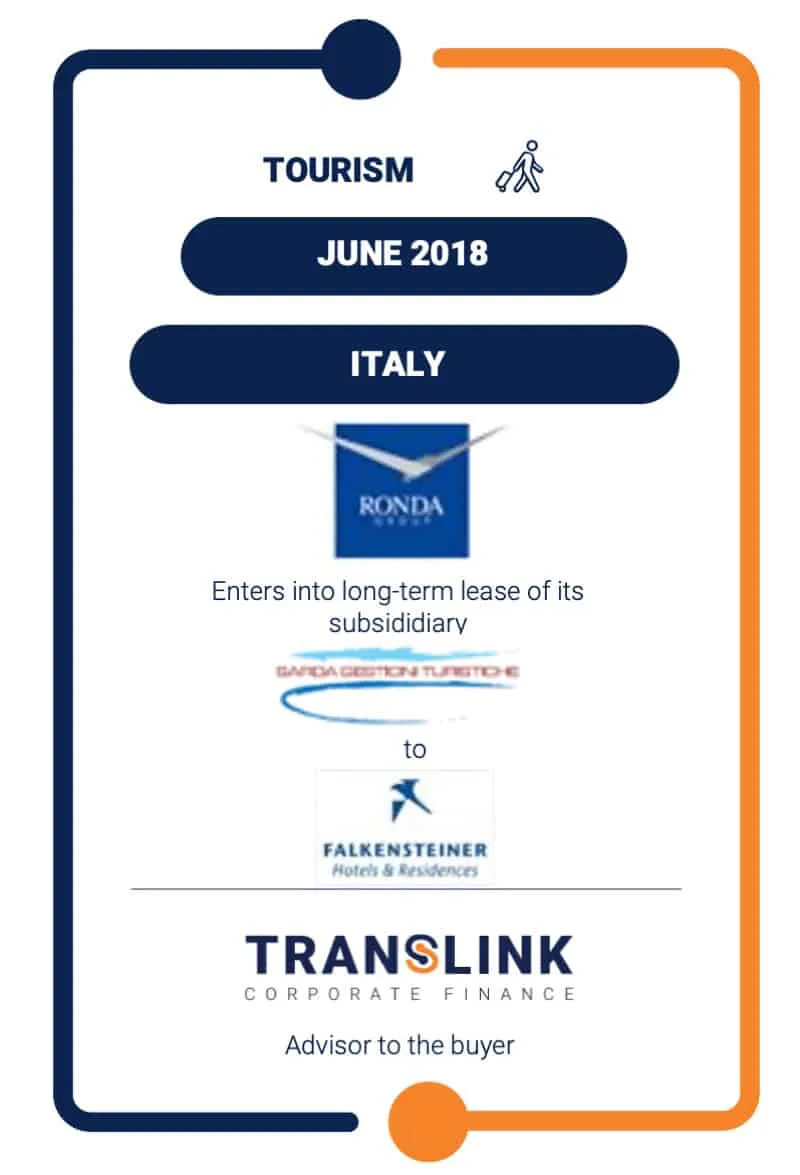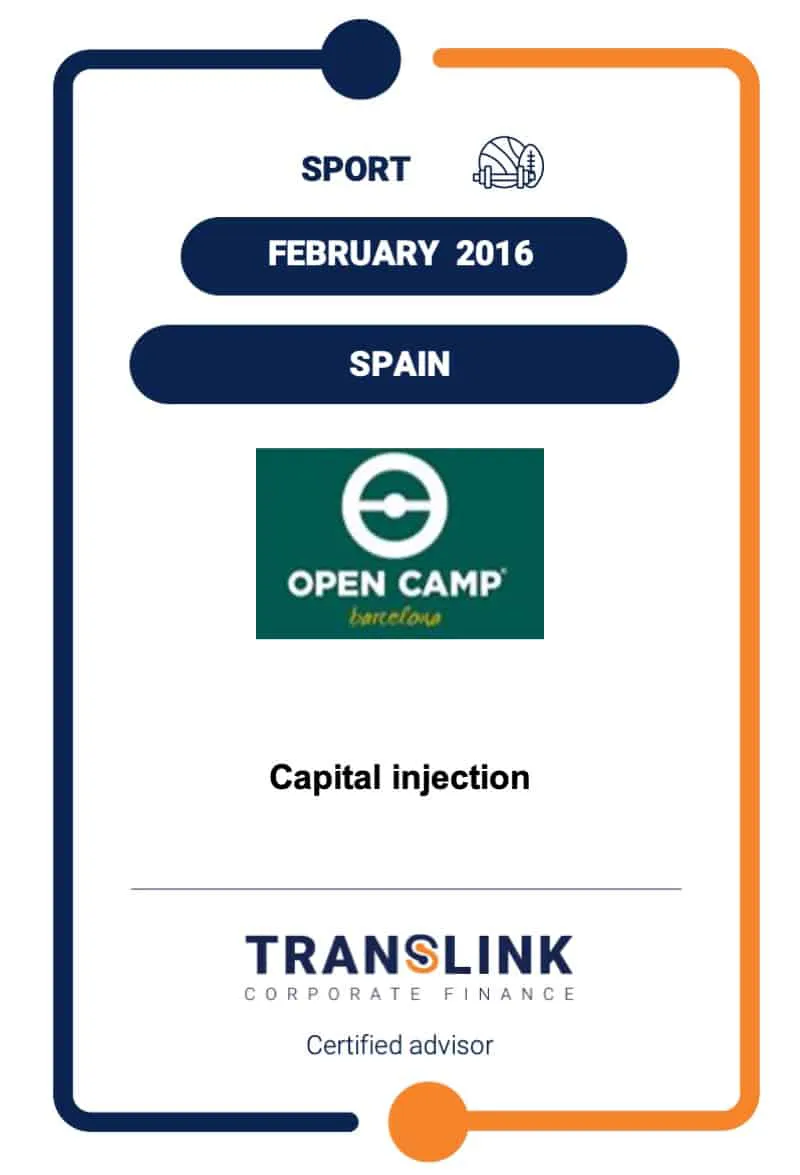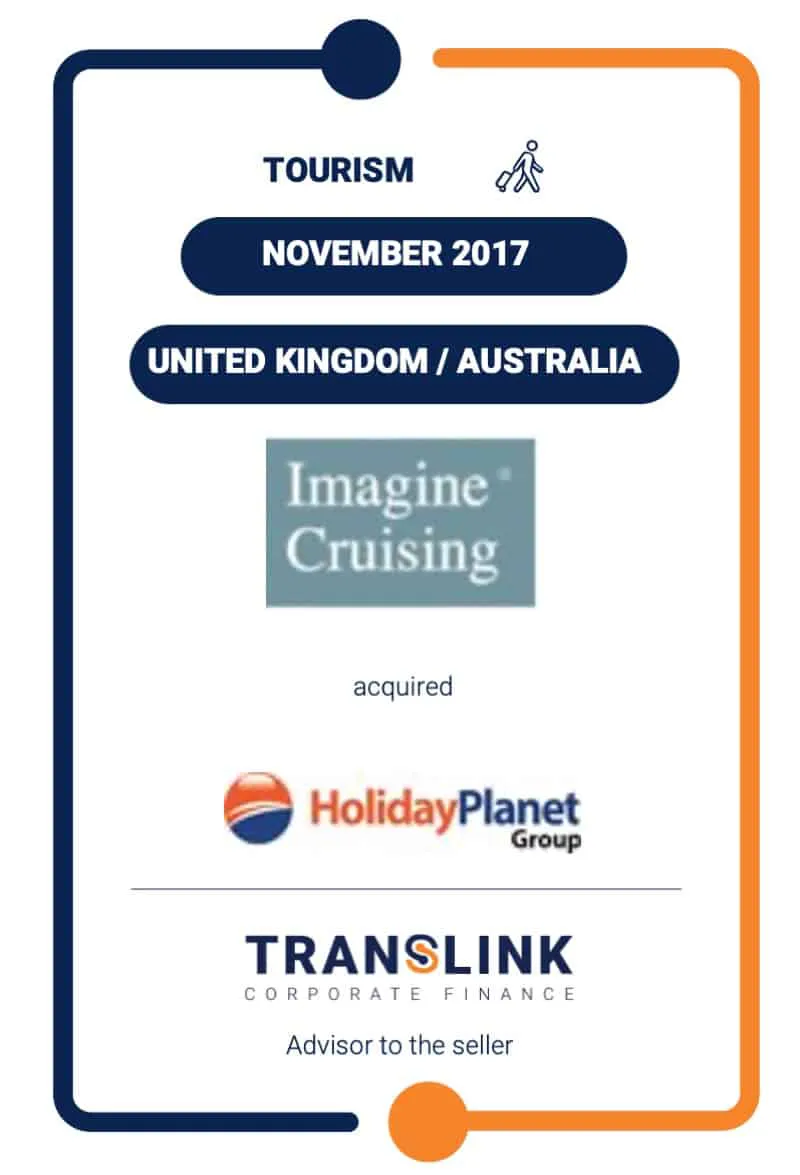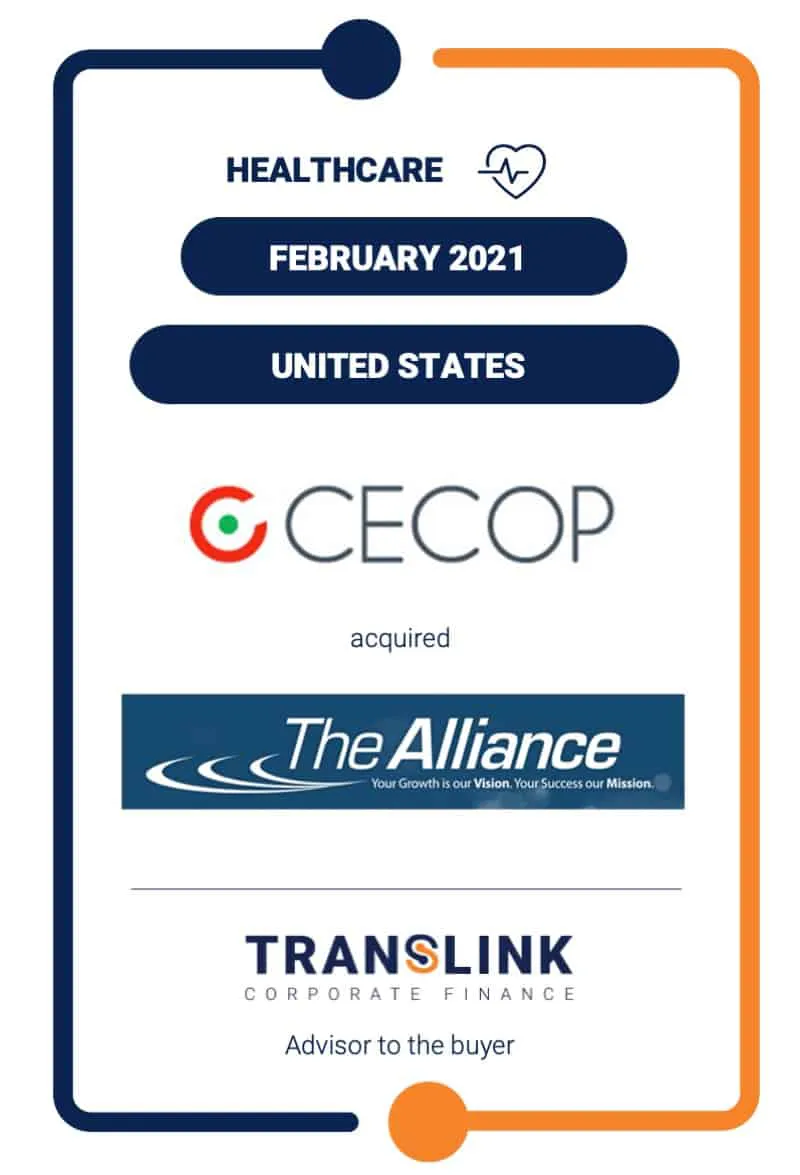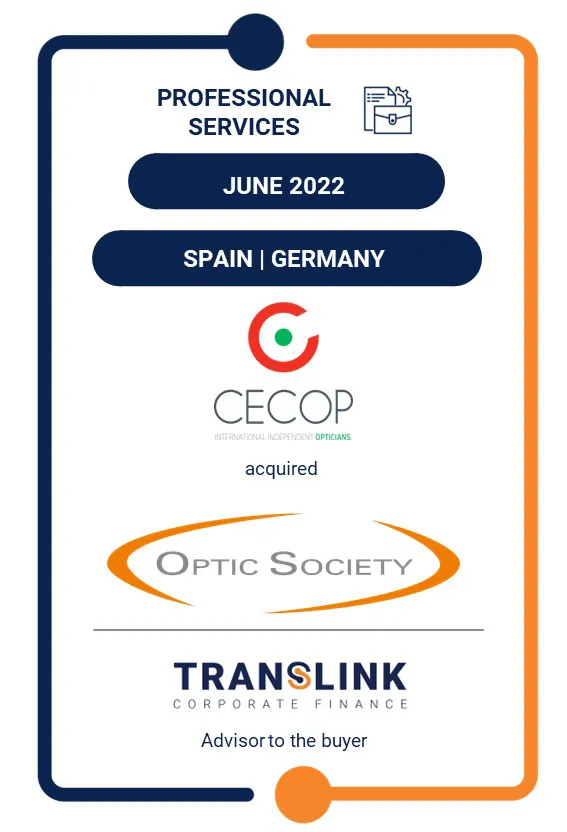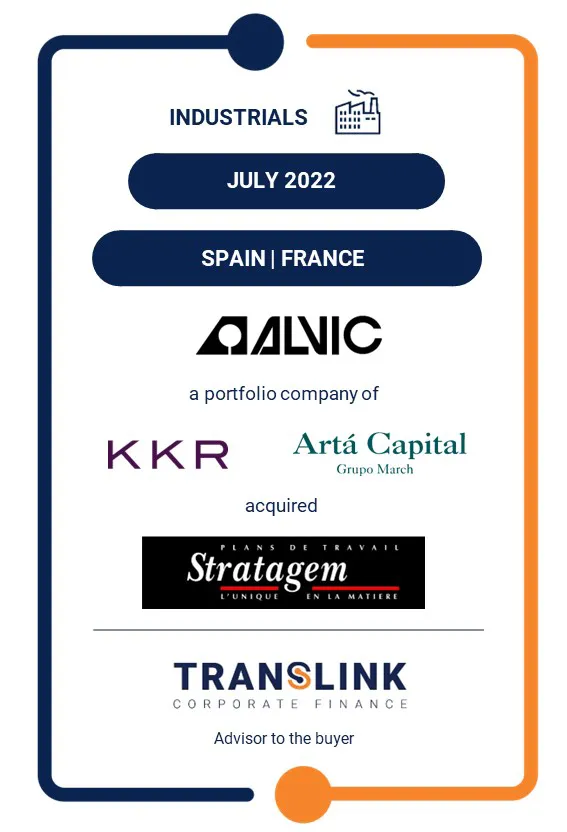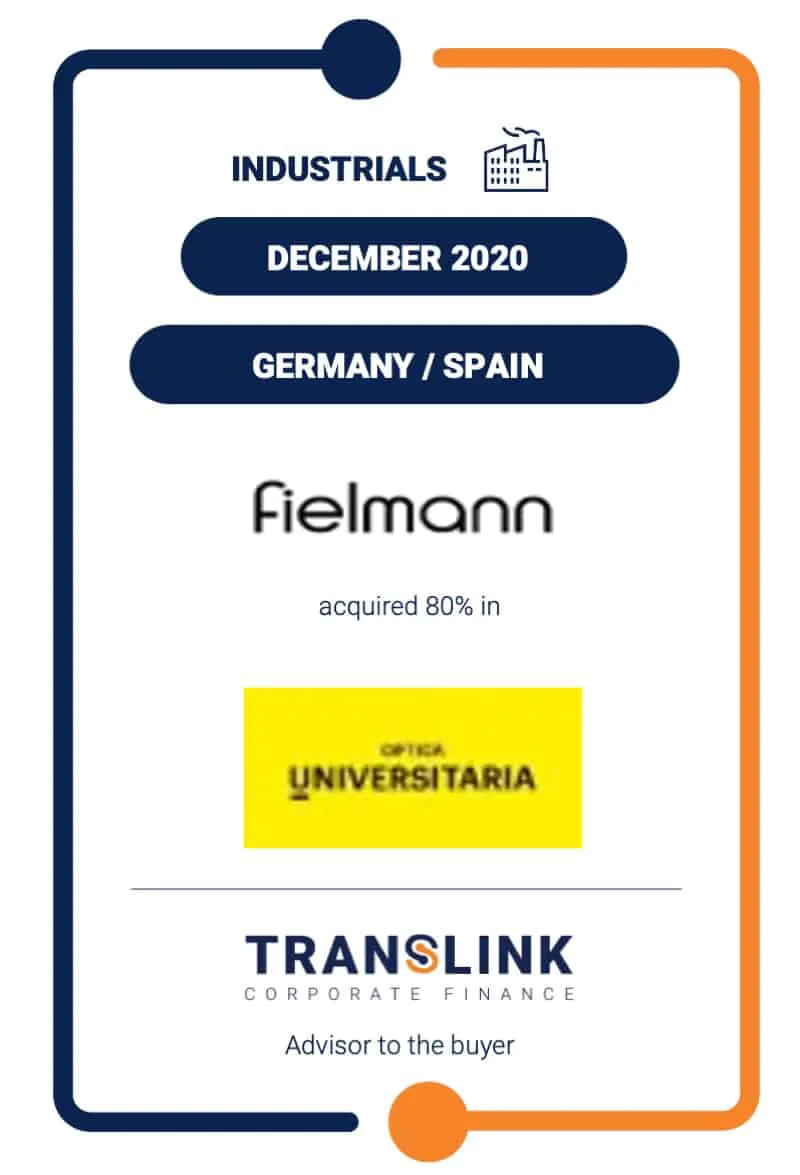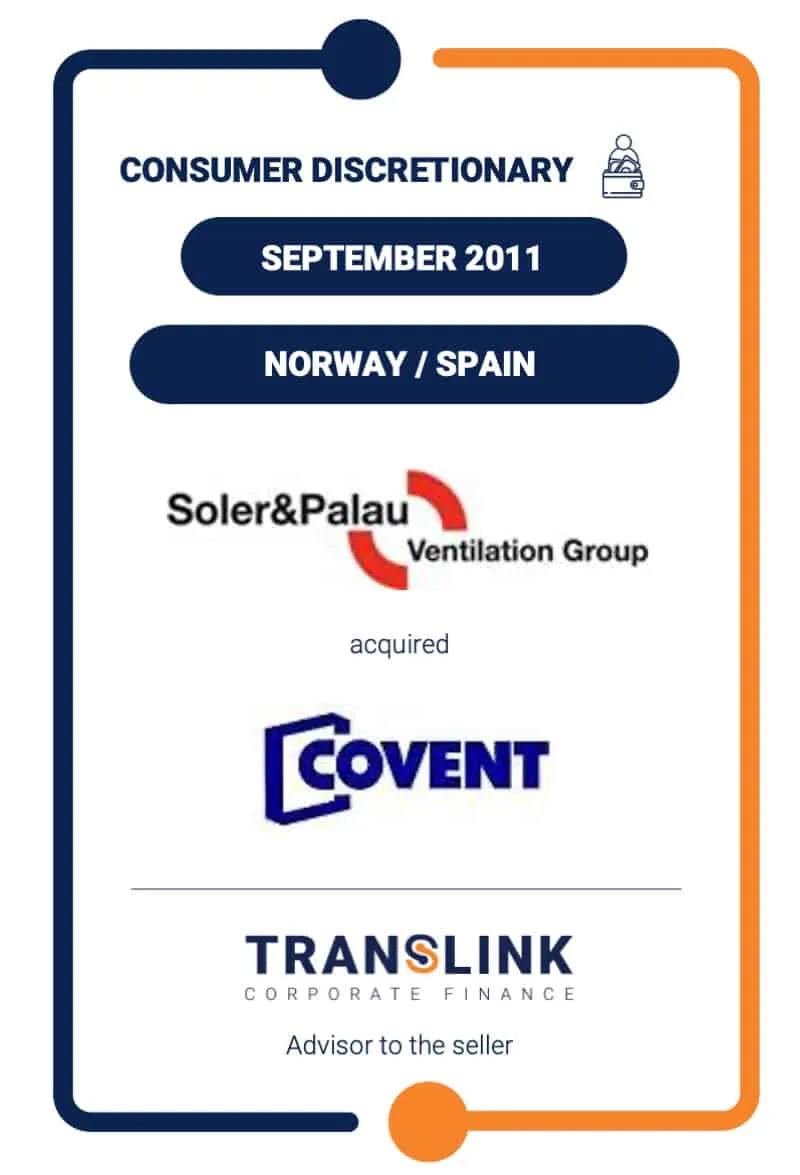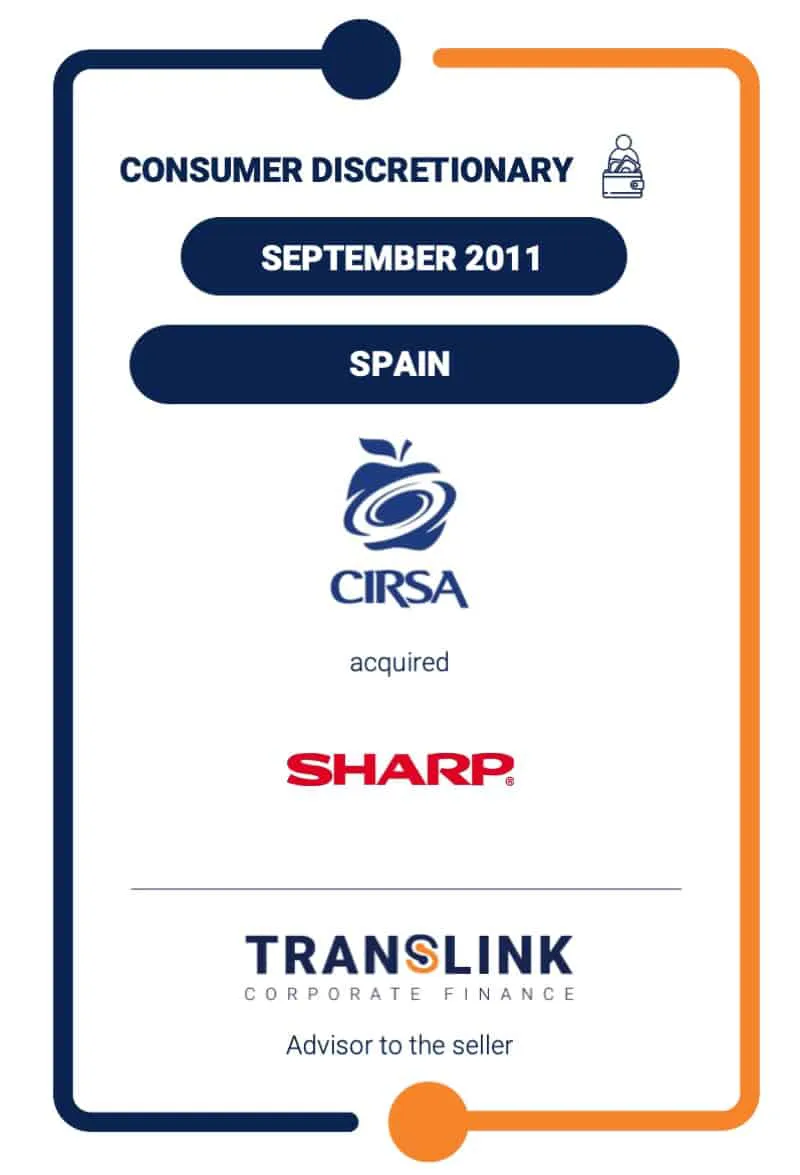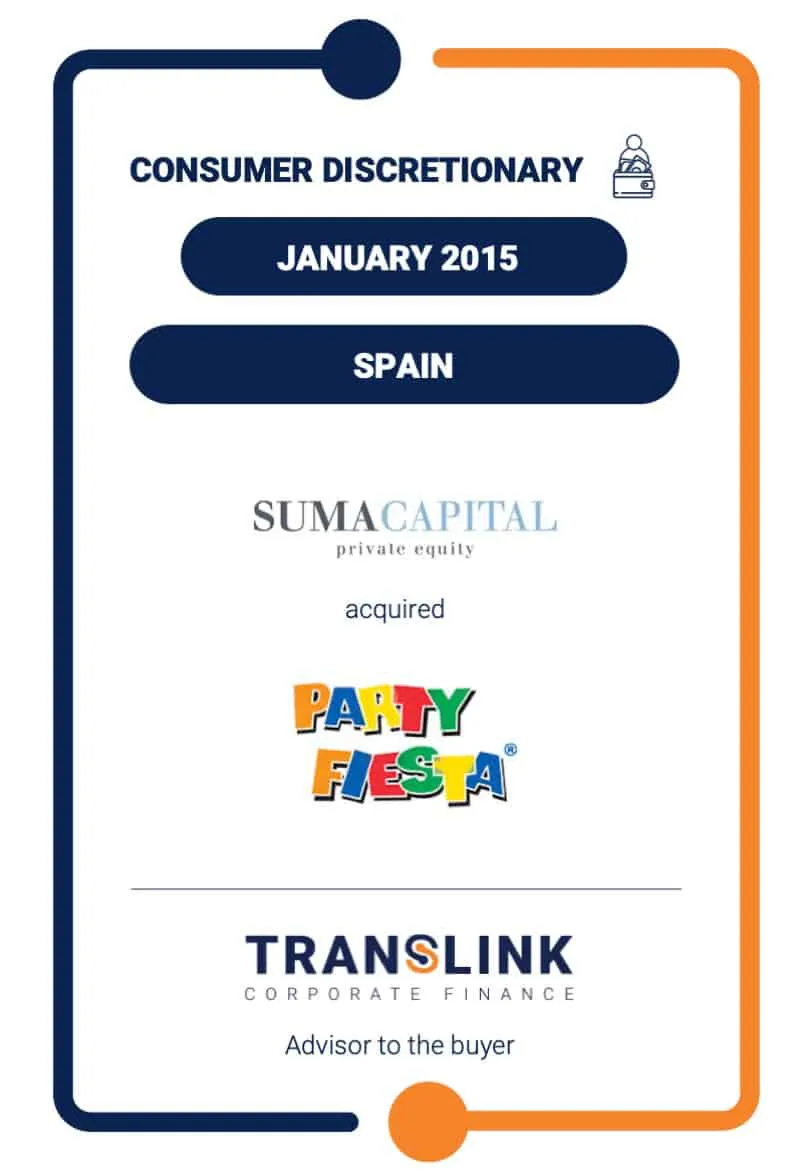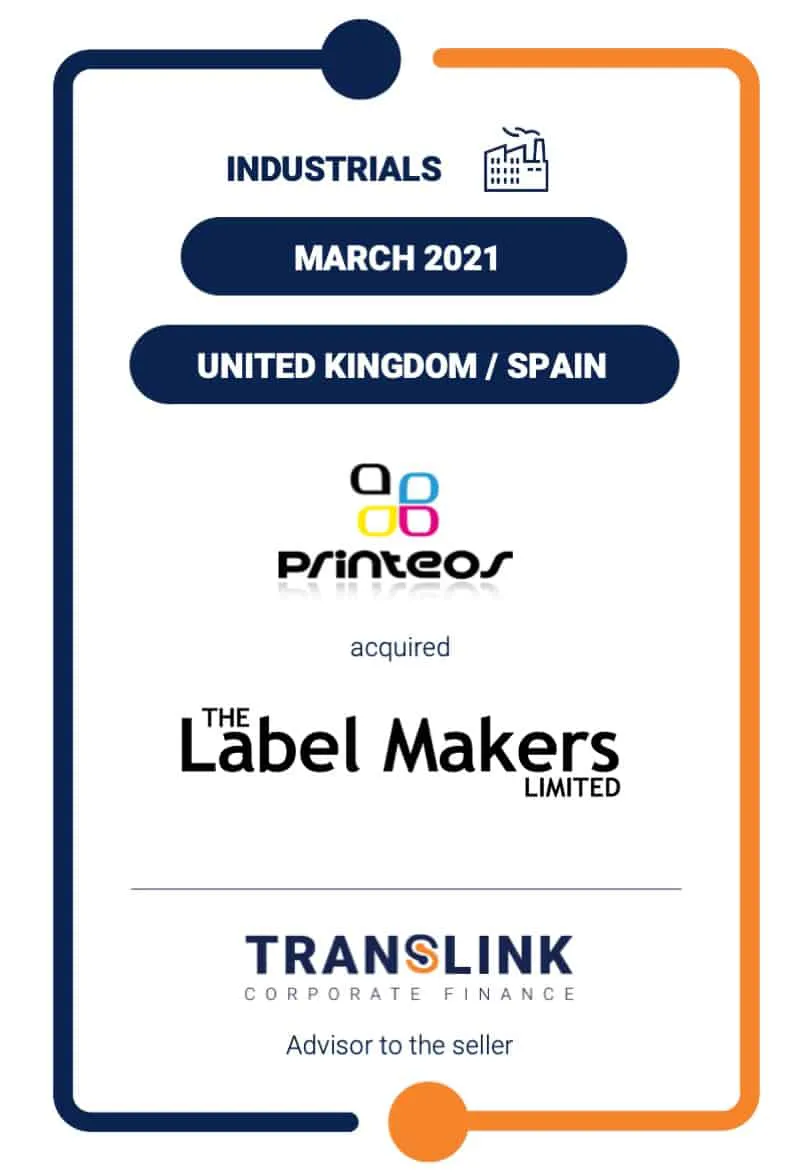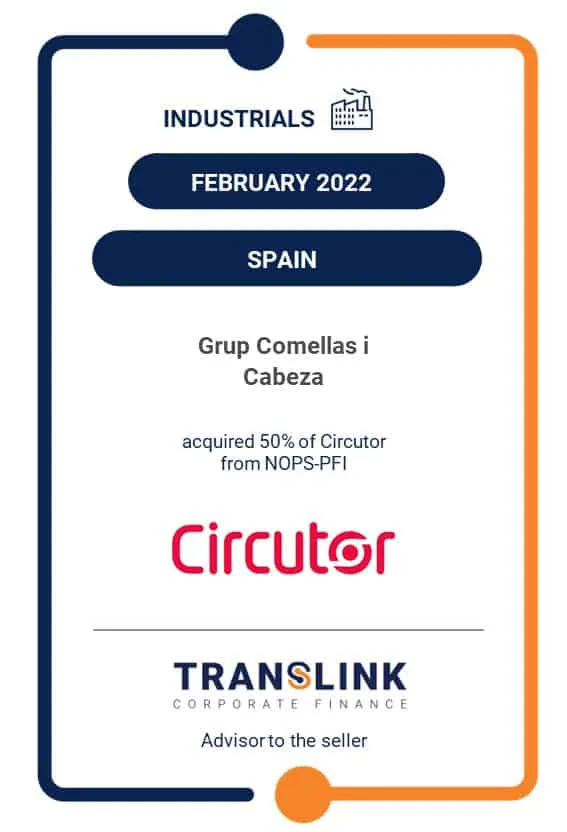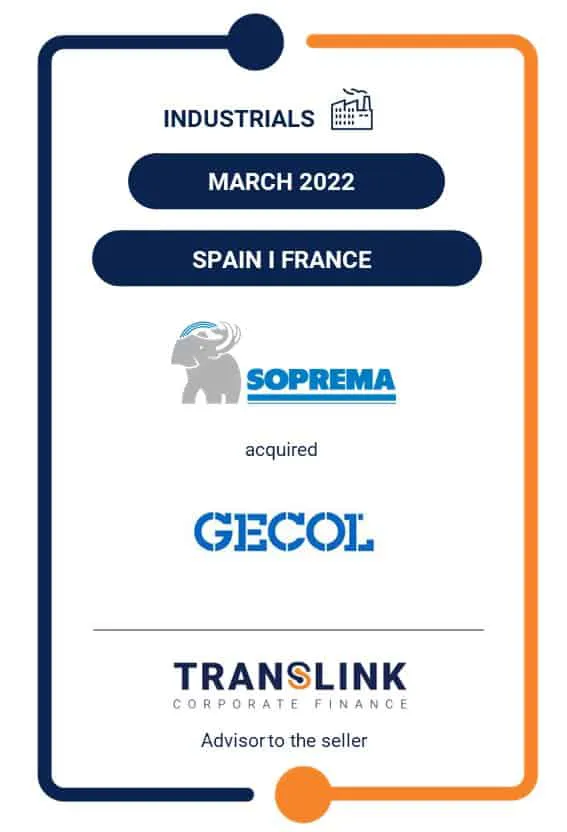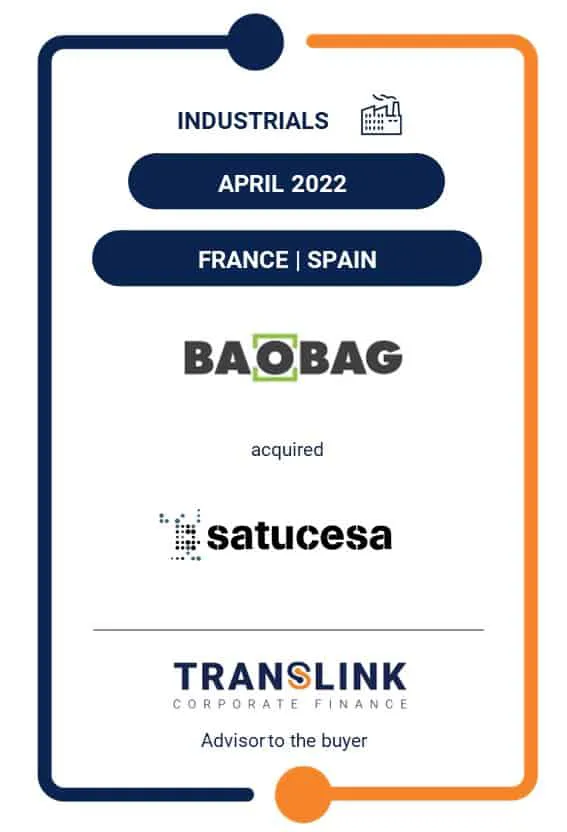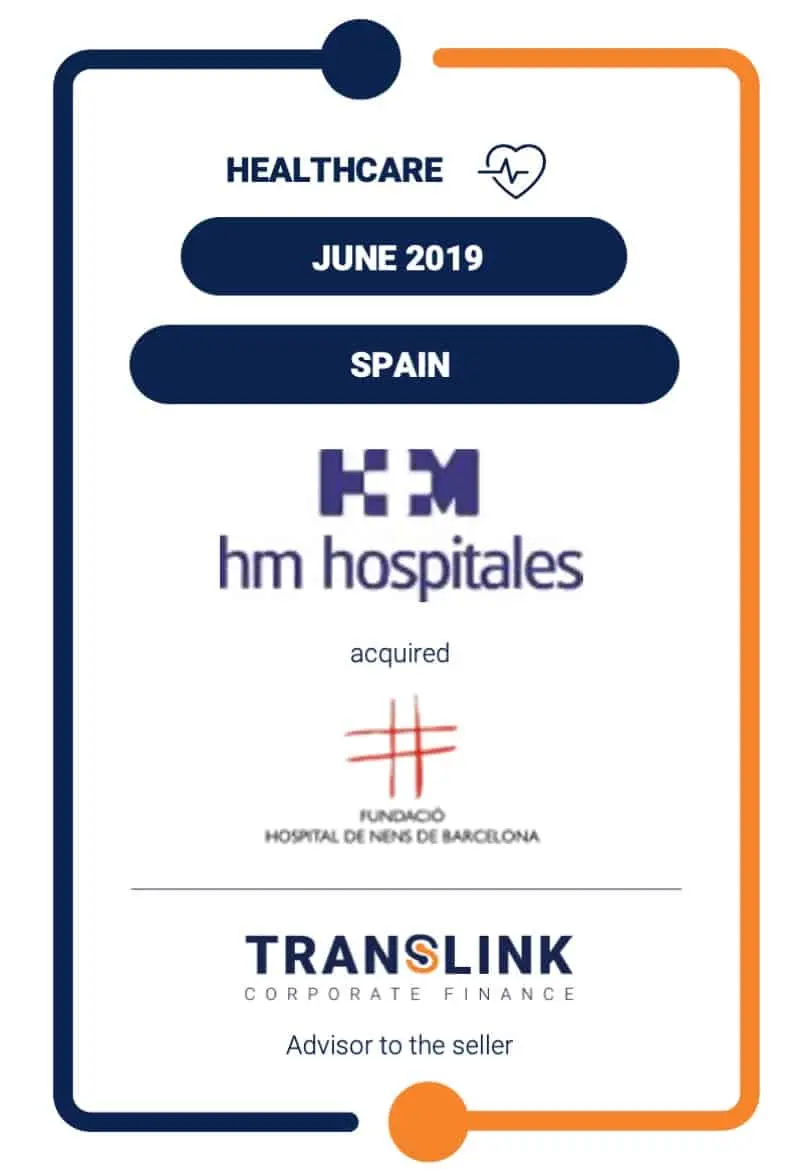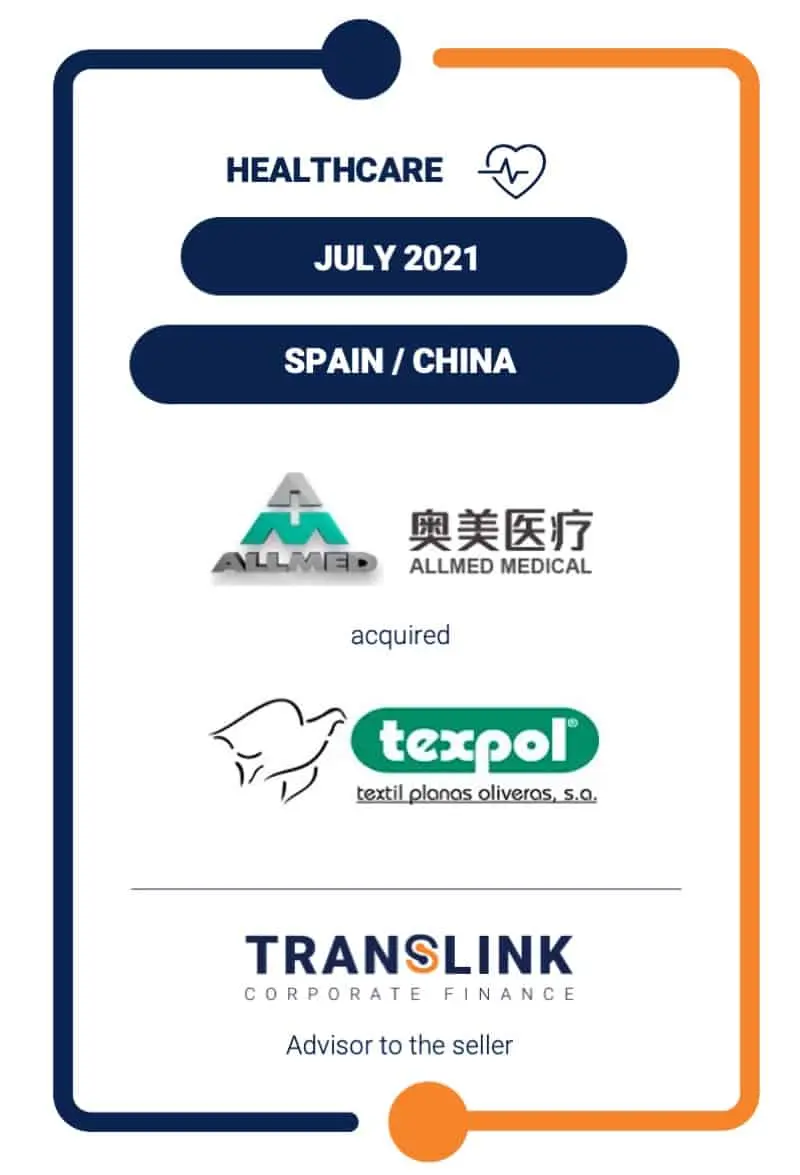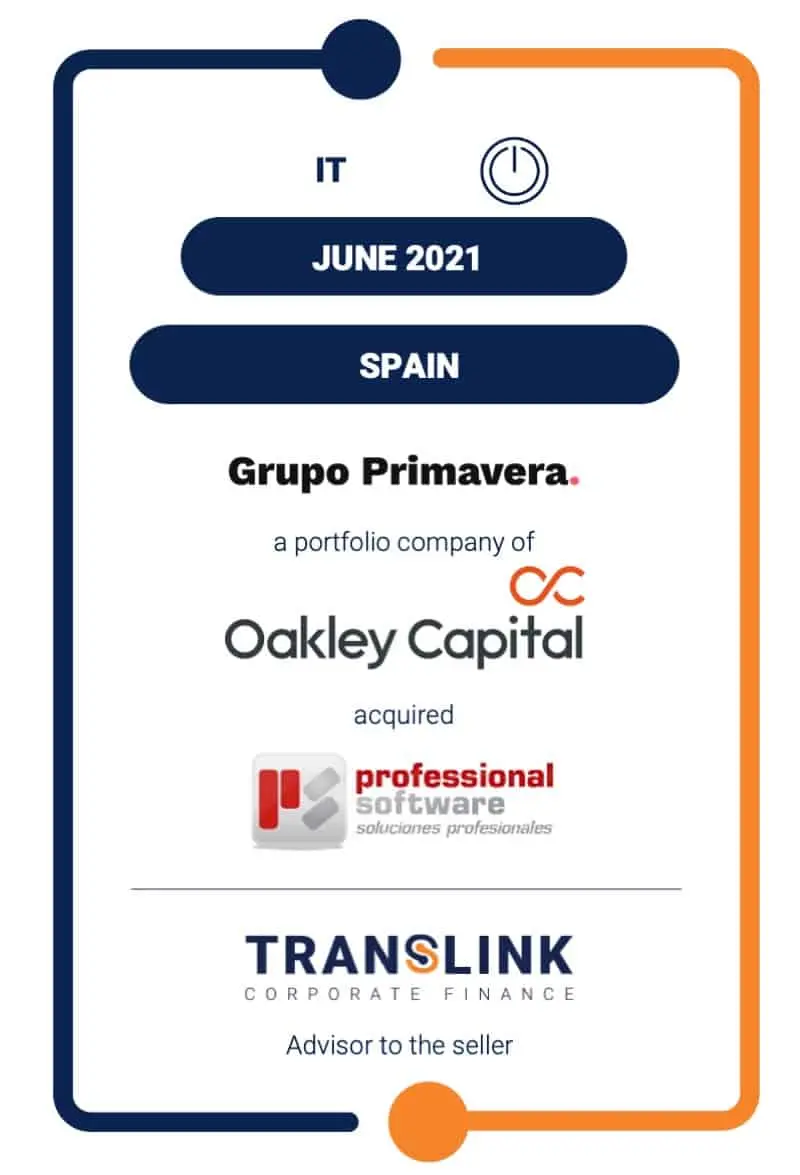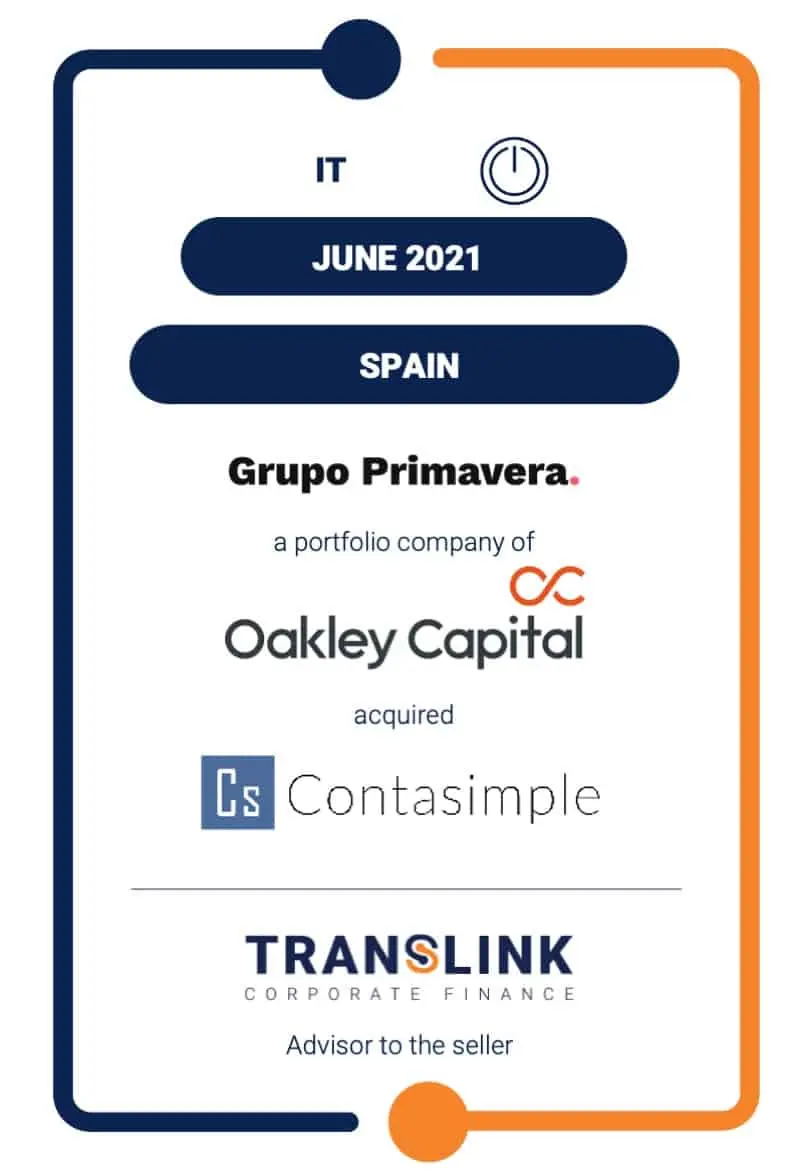21 August 2023
With insights from Stuart Hands, Partner at Translink UK
The car subscription model is a significant disruptor in a rapidly evolving automotive landscape. Born from consumers growing weary of traditional vehicle ownership, this model has produced considerable company valuations akin to early Mobility-as-a-Service breakthroughs like Uber and Bolt. This dynamic has made players in this sector attractive to investors and considerably influenced merger and acquisition (M&A) strategies.
Stuart Hands, Partner at Translink Corporate Finance UK and head of Translink’s Automotive Group, explores the factors driving car subscription providers’ valuations and how companies can capitalise on them to fuel their growth.
“The car subscription model is fast proving to be a real alternative to car ownership that continues to attract investors. However, this growing sector isn’t without its challenges. The ability to quickly adapt to changes is crucial for survival, and providers can potentially face fleet management-related issues.”
Shifting consumer demand from ownership to usage-based
Deloitte’s Future of Vehicle Subscriptions report reveals how more consumers see conventional car financing and leasing contracts as a burden rather than a benefit, predicting that, by 2025, more than €22bn of new annual auto financing will shift to the subscription segment.
Hands says there’s been a steady decline in the importance and appeal of vehicle ownership. The car subscription appeal is, therefore, simple. “There’s always a need for mobility, and subscription services fulfil this by providing flexible and potentially more affordable vehicle access, allowing more people to get from point A to point B. Even manufacturers have joined the bandwagon, offering subscription services for certain vehicle features.”
Data-driven insights are increasing company valuations
Investors have poured capital into businesses operating in the car subscription market, with deals like used car platform Cazoo’s £65m acquisition of subscription company Drover.
Hands says beyond the automotive sector, technology companies are also playing an increasingly pivotal role in shaping the car subscription model. These companies are pioneering innovations in sophisticated software, vehicle usage preferences, customer management platforms, and telematics.
Moreover, the data generated through these systems is becoming a goldmine for car subscription companies and automotive manufacturers. Big data and analytics, paired with artificial intelligence, are helping to predict customer behaviour and preferences, thereby enabling companies to provide a more personalised and effective service, whether through tailored subscription services or specific features within vehicles.
For example, realising an opportunity to add value to its UK-based vehicles, Ford UK recently rolled out its BlueCruise subscription, which offers hands-free driving in over 95% of the country’s motorways.
Hands says data acquisition and analytics also contribute to higher asset utilisation rates because it allows providers to analyse usage and know when a customer is likely to want to change or use mobility and provide the most appropriate vehicle at the most convenient time.
“Google and Amazon have shown how data-driven insights can boost customer engagement and loyalty and retain visitors; a concept often referred to as ‘stickiness’. In the automotive sector, these insights allow car subscription companies to understand customer behaviour and predict and cater to their needs with little effort and human intervention. This translates into annual recurring revenue, a highly valuable investor metric.”
Expanding EV operations
The growing prominence of car subscription models is also paving the way for more accessible electric vehicles (EVs) within the automotive industry. Hands says although there are still uncertainties regarding issues like vehicle range and charging infrastructure, the industry is seeing influx of EV subscription offerings in the future.
“We’re already seeing hybrid vehicles gain immense popularity in the UK because they solve existing challenges like limited EV range and offer tax benefits for employees – reinforcing the role of EVs in MaaS.”
Globally, investors are demonstrating their support for EV subscriptions, with the e-scooter manufacturer, Unagi, securing $29.3 million in funding earlier this year. The manufacturer also announced its partnership with Best Buy as a scooter subscription partner, signalling the expansion of the commitment- and maintenance-free EV experience.
Navigating a potentially volatile sector
Hands says as exciting as the ever-changing subscription landscape can be, it demands a dynamic approach to M&A strategies. For example, companies must ensure they do not overvalue the business they’re buying, considering the potential risks in the still-developing market.
Furthermore, since car subscriptions have a relatively short lifecycle, subscription providers must map out a strategy determining where their assets will generate the most profit in the next phase and can invest in data analytics and residual value management tools to do so.
The future of car subscriptions
Hands says car subscriptions will likely morph into a broader MaaS concept, incorporating more features and services as technology advances and driverless cars become more common.
“The future of car subscriptions is exciting and unpredictable. Companies willing to adapt, invest in technology, and capitalise on emerging opportunities will likely drive the next phase of growth in the automotive industry. The current wave of M&A activities reflects this sentiment, confirming that the rise of car subscriptions is more than a trend – it is a testament to the evolving needs of consumers and the transformative power of technology.”
Check out Translink today for captivating news updates.
WE GET THE DEAL DONE
We specialize in small and medium-sized cross-border M&A, typically with a transaction value in the range of EUR 10-300 million. Get In Touch with us today and let us help you get the deal done.





























